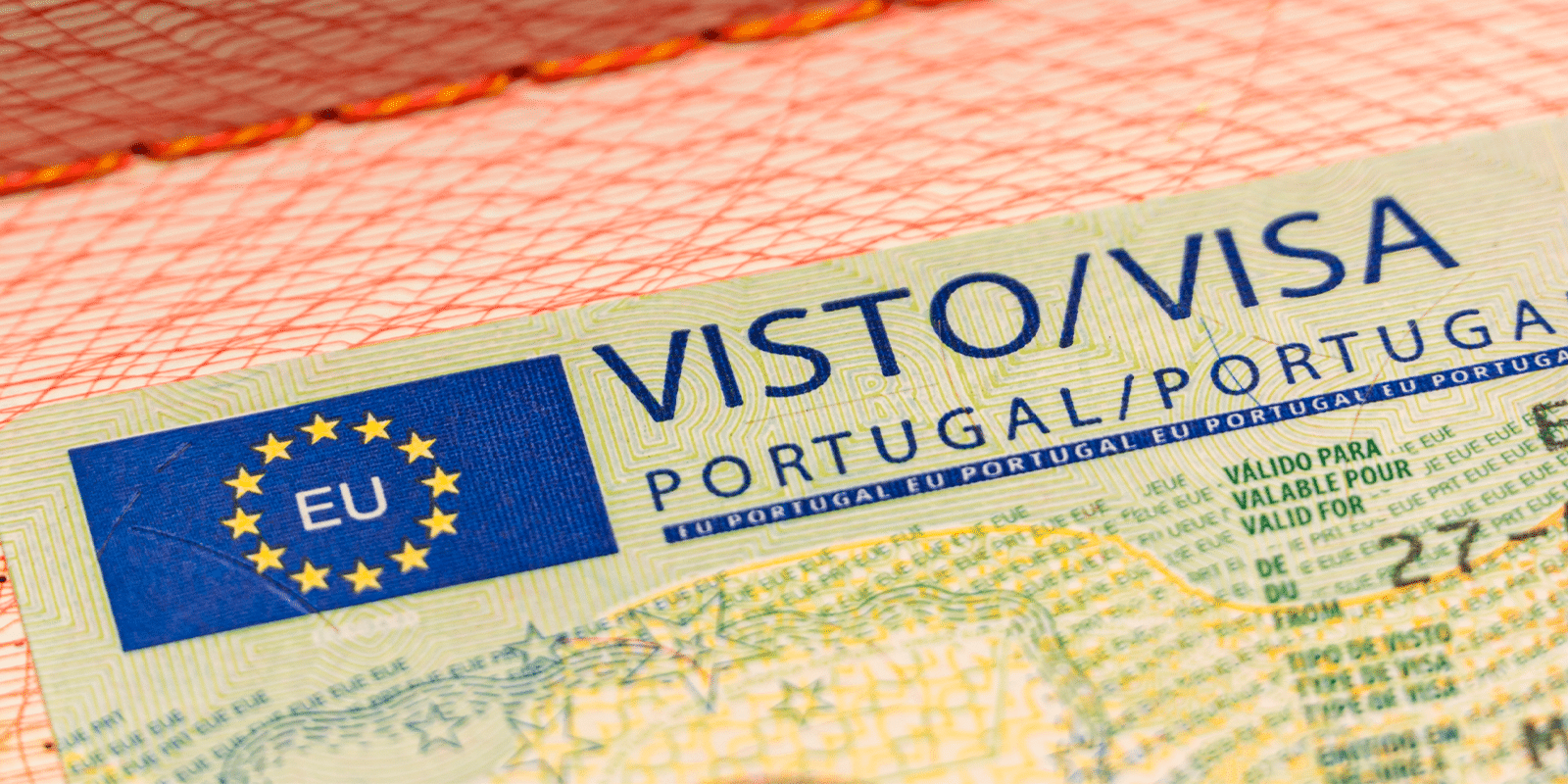Portuguese D7 Program
The Portuguese D7 program, also known as the passive income visa or retirement visa, is a popular route for people from outside of the EU/EEA/Switzerland to move to Portugal.
Requirements:
The main requirements for the D7 visa are:
• You must be over 18.
• You must have a passive income (i.e., income you don’t actively work for) such as a pension, social security, dividends, royalties, interest, or income from a rental property.
• The income must be at least equivalent to the Portuguese minimum wage, which as of 2024, is ¨820 Euros per month. This amount increases if you’re including other family members, such as a spouse or dependent child. Nevertheless, we recommend to always send more than the minimum.
• You must have at least one year of savings, which means 12 * 820 euros per month for a single applicant or 9,840 Euros in total.
Process
The process involves applying for the visa at your local consulate, and once approved, you can travel to Portugal. Most people will need to pay a lawyer or company to do this for them, which would set them back around Euros 4001.
Processing Time
The processing time for the D7 visa is generally faster than the golden visa, with the local consulate stamping a temporary D7 visa on your passport within around 60 days. The final conversion to a D7 residence visa takes an additional 60 to 90 days.
Spanish Digital Nomad Visa
The Spanish Digital Nomad Visa is for any foreigner planning to live in Spain as a resident, working remotely for a company or an employer (or self-employed) located outside of the Spanish national territory.
Requirements:
The main requirements for the Spanish Digital Nomad Visa are:
• You must have an undergraduate or postgraduate degree from a University, College or Business School of prestige, or have at least 3 years of work experience in your current field of activity.
• You must apply for a NIE number prior to visa application.
• You must have a valid passport, a criminal record certificate, proof of residence in the consular district, and proof of the representative’s identity and capacity.
Process:
The process involves making an appointment with the local Greek consulate or embassy, preparing the necessary documents, filling out the application form, attending the appointment, completing the payment requirements, and waiting for an answer.
Processing Time
The processing time for the Spanish Digital Nomad Visa is typically between 30 to 60 days.
Greek Digital Nomad Visa
The Greek Digital Nomad Visa allows non-EU/EEA or non-Swiss citizens to apply for residency in Greece, provided they have a reasonable passive income.
Requirements:
• The main requirements for the Greek Digital Nomad Visa are:
• You must have been a remote worker for at least one year.
• You work for a company or companies outside of Greece.
• You have access to health insurance with full coverage in Greece.
• You can prove your work experience and technical knowledge.
• You have not been a resident of Greece in the last five years.
Process
The process involves making an appointment with the local Greek consulate or embassy, preparing the necessary documents, filling out the application form, attending the appointment, completing the payment requirements, and waiting for an answer.
Processing Time
The processing time for the Greek Digital Nomad Visa is usually less than 10 days but can take up to a year in some jurisdictions where the demand is high.
Comparison
When comparing the Portuguese D7 program with the Spanish and Greek Digital Nomad visas, it’s clear that each has its own unique features and requirements. The Portuguese D7 program is particularly attractive for those with passive income, while the Spanish and Greek Digital Nomad visas are more geared towards remote workers. The processing times also vary, with the Greek Digital Nomad Visa being the quickest. Ultimately, the best choice will depend on your individual circumstances and preferences but shall you want to apply for citizenship the Portuguese option will be the quickest path given the requirement giving eligibility from 5 years of the first legal entry in Portugal.

